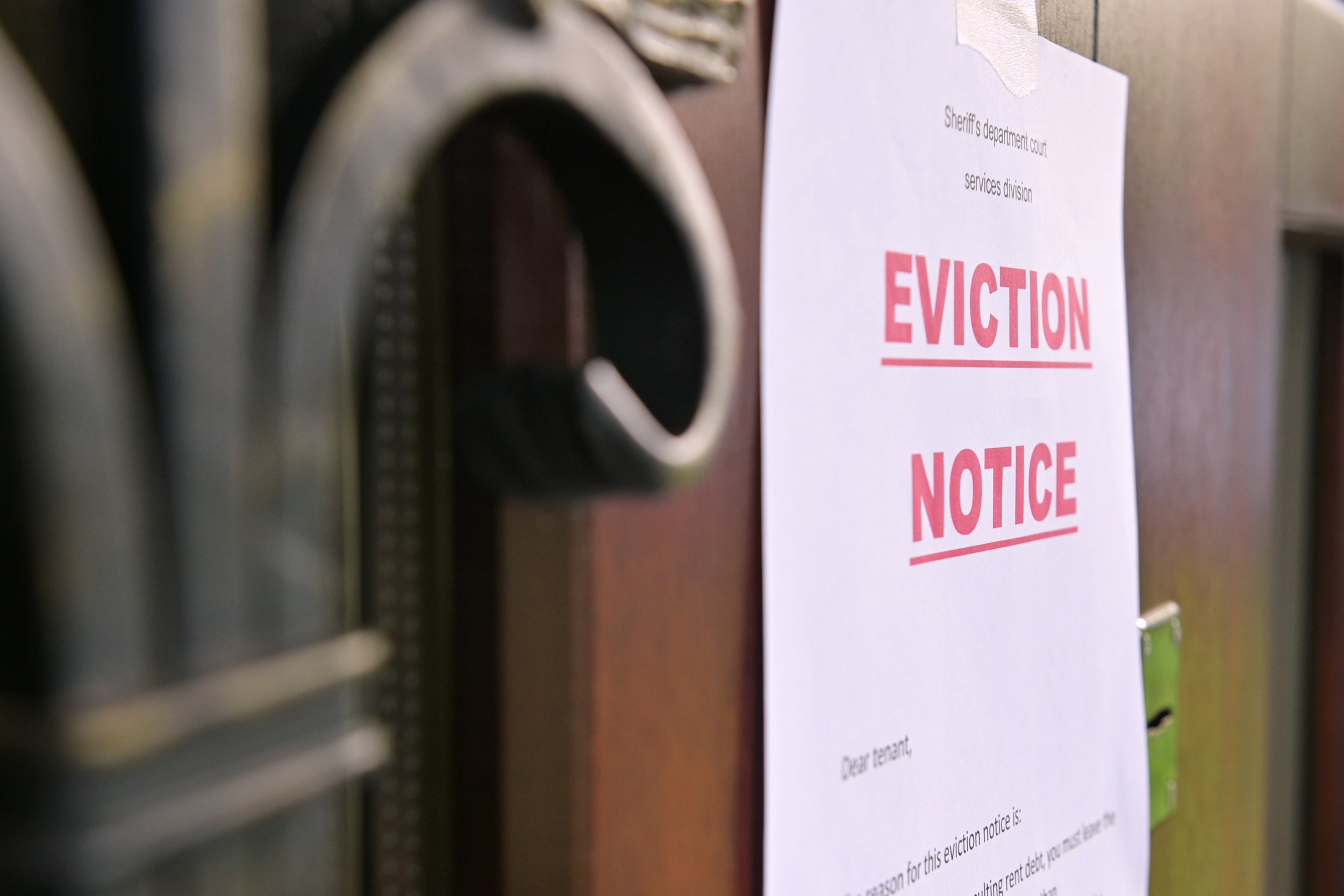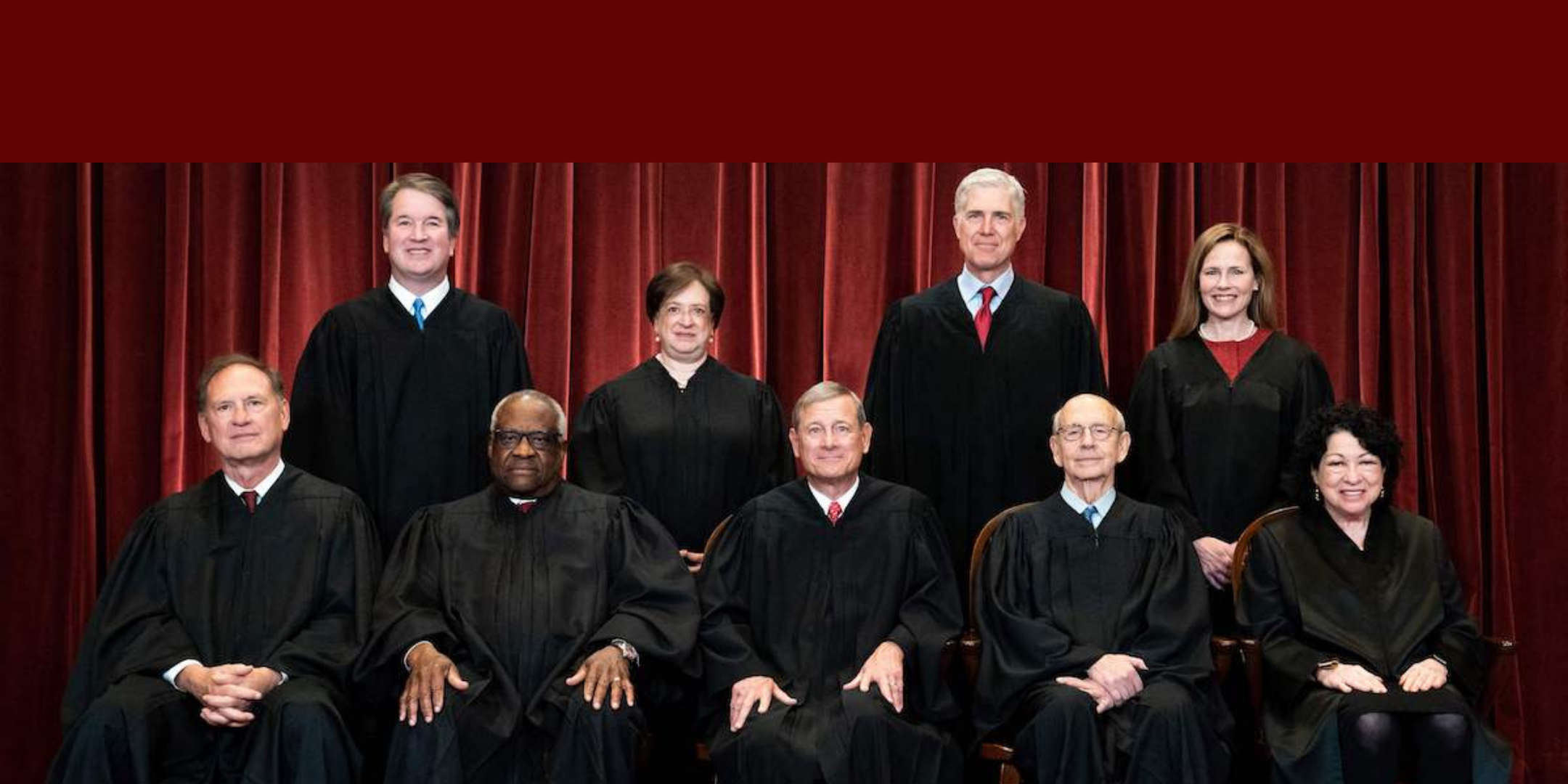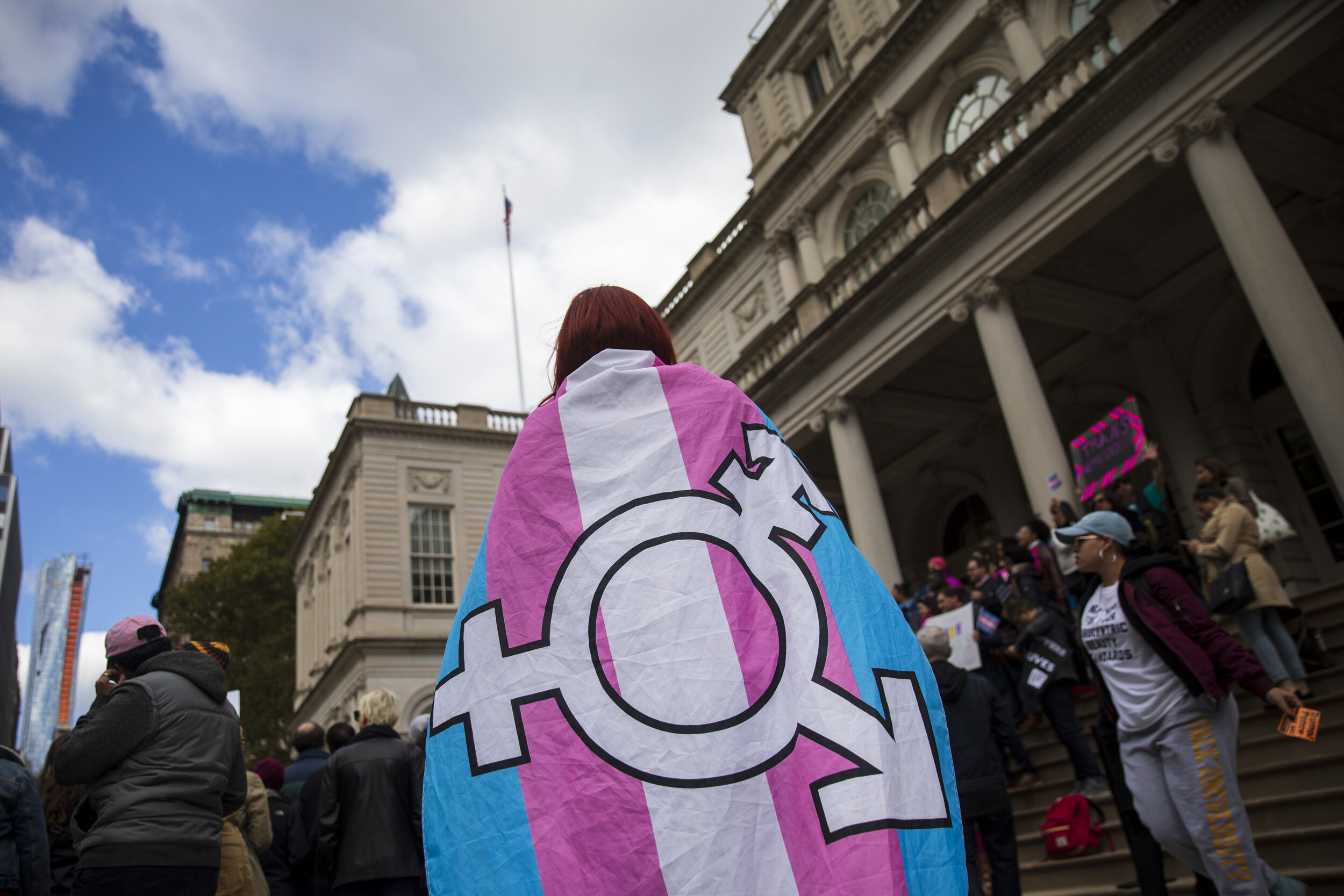
PRACTITIONER BLOG
Read our analyses of developments in Impact Litigation and stay current on class action law

BROWN UNIVERSITY RE-LEARNS TITLE IX LESSON: DON’T “RILE UP” THE AMY “COHENS OF THE WORLD”
Cohen v. Brown University, which the First Circuit just referred to as “This landmark Title IX case,” started in April 1992, after the school stopped funding its varsity women’s gymnastics and volleyball teams. Eleven female athletes won precedent-setting rulings, preserved their teams, and forced Brown to comply with Title IX notwithstanding Brown violating the agreement in the open to “kill this pestilential thing.”

RESPONDING TO THE RESTRICTION OF EMPLOYMENT DISCRIMINATION CLASS ACTIONS
The arc of employment discrimination class action law is bending away from justice. As a result, plaintiffs’ lawyers frequently have to self-censor, generally in the opening complaint or the class certification motion, or as we did in Simpson at the 23(f) stage. Maximizing the chances for certification may require defining the class or multiple small classes so as to eliminate potential class members, claims, or forms of relief. Unfortunately, this type of self-censorship deprives employees of the possibility of obtaining the types of broad reforms that we were once able to achieve and hopefully can again pursue in the future as the law evolves.

Impact Fund Stands With Low-Income “Section 8” Tenants
Throughout her tenancy, Terry’s property manager demanded that she pay for “additional services,” such as laundry machines, renter’s insurance, and parking—including for a period when she did not own a car. When she couldn’t pay, they tried to evict her. Terry was not alone. Wasatch Property Management and its related entities, whose portfolio includes more than 16,000 units across five states, charged hundreds of Section 8 tenants similar fees, using 3‑day notices to threaten eviction when tenants failed to pay.

“With Friends Like These” - How Not to Write an Amicus Brief: More Lessons On Class Action Law From Mr. T v. Social Media
Prompted by former President Trump’s spate of class actions against Facebook, Twitter, and Google, we recently shared some best practice tips on filing class actions, a topic close to our hearts. A new court filing and order in Mr. Trump’s case against Twitter offers us yet another opportunity to weigh in on a different and important subject to the Impact Fund’s mission—writing effective amicus briefs. So what have we learned? Write an amicus brief that actually says what you say it says. Write an amicus brief that is about an issue actually in the case. Don’t include six-page footnotes. Don’t suggest that the judge needs something explained at a fifth-grade level. Don’t tell the judge to issue an edict that the legislature pass a better law than the one on the books.

Students With Disabilities Score Class Action Victory In Second Circuit
Earlier this month, the Second Circuit issued a great published decision in A.R. v. Conn. State Bd. of Educ., No. 20-2255, 2021 WL 2833031 (2d Cir. July 8, 2021) affirming a permanent injunction prohibiting the Board from terminating programs for students with disabilities who did not receive their high school diplomas before turning 22. The panel upheld the district court’s conclusion that a Connecticut law denying special education programs to students between their 21st and 22nd birthdays violated the federal Individuals with Disabilities Education Act (IDEA), which requires free, appropriate education for students with disabilities.

SCOTUS Rules on TransUnion v. Ramirez Class Action: "We Decide If It’s a Federal Case, Not Congress."
On the one hand, the outcome is hardly surprising. The conservative majority has once again limited access to the federal courts for consumers to challenge corporate malfeasance, erecting ever higher threshold procedural hurdles. On the other hand, the decision holds some interesting surprises, including a full-throated defense of the rights of the injured consumers by the dissenting Justice Thomas, joined by Justices Breyer, Kagan, and Sotomayor. The decision is well worth a close read.

Ninth Circuit Nixes "100% Natural" Wesson Oil Class Action Settlement; Finds Collusion On Attorney Fees
The court held that the class settlement—one it characterized as “reek[ing] of collusion at the expense of class members”—featured three “red flags” identified in Bluetooth. First, Plaintiffs’ counsel received a disproportionate share of the settlement—almost $7 million—while the class received less than $1 million. Further, the settlement provided for no direct notice to class members, reducing the redemption rate. Second, the parties agreed to a “clear sailing arrangement” in which ConAgra agreed not to challenge the agreed-upon fees for class counsel. This created the possibility that Defendant agreed to pay class counsel excessive fees in exchange for counsel accepting a lower amount for class members. Third, the agreement included a “kicker” or “reverter” clause in which ConAgra, not the class members, would receive a reversion of excess fees if the court reduced the agreed-upon attorney’s fees.

Impact Fund and Amici: Ninth Circuit’s New “De Minimis” Standard for Predominance Is Wrong and Disadvantages Workers
Our brief argues that the panel’s decision is inconsistent with decades of Supreme Court and Ninth Circuit precedent regarding class certification and trials challenging employment discrimination and other workplace violations, such as wage theft. To require plaintiffs to demonstrate no more than a “de minimis” number of uninjured class members at the class certification stage forces district courts to engage in a full-blown inquiry into the merits of the case, an inquiry which the Supreme Court and the Ninth Circuit have repeatedly stated courts are expressly forbidden to undertake at that stage.

Uninjured Class Members - How Many Is Too Many? Ninth Circuit Weighs In On Class Action Article III Standing
So how exactly does Article III work in a class action? It is generally understood that, at the outset of a class action, Article III standing is determined based on the claims of the named plaintiffs. At the tail end, if the case goes to judgment, unnamed class members must prove an Article III injury in order to receive damages. But what about in the middle of the case? What about at class certification?

Impact Fund Sponsor Huntington Bank serves in pro bono role for Flint Water Crisis Settlement
In early 2021, a $641 million settlement between the residents and businesses of Flint and various government defendants received Preliminary Approval by the Court. Nearly 90,000 Flint residents were impacted by the Flint water crisis, and the settlement will create a compensation fund to help those affected, predominantly children. Huntington Bank, selected by Special Master Deborah Greenspan, is working with Counsel, the Claims Administrator, and the Court in support of the settlement fund for the victims. As a leader in the community, Huntington volunteered to serve as escrow agent and distribution bank on a pro bono basis. Huntington has also committed to partner with local leaders and community organizations to identify financial and socioeconomic barriers faced in the region.

Real People, Real Checks! Class Members Tell Us What It Means To Them
Settlement checks can add up to a significant amount. Some of the regular viewers on our website, Top Class Actions, know this to be true. These awesome individuals, our biggest fans, write to tell us about how they were able to qualify for enough settlements to recoup $1,000 or $3000, $4,000 a year. That's a lot of money for most people. It reminds me that when we’re engaging with communities on social media, like our teachers who live paycheck to paycheck, we are saying to them: This is your money—submit your claim!

How COVID-19 is Changing the Class Action Landscape
Class actions are on the rise, and many class action practitioners predict that it will continue to grow because of the COVID-19 pandemic. In fact, as of this past December, over 1,400 class actions related to losses tied to the pandemic were filed and the number will only continue to increase. Filed cases span the country with the most cases currently being filed in California, Illinois, New York, and Florida. The amount of class actions that may result from the pandemic are almost endless. It is certain that courts will see an increase in the ‘failure to refund’ cases, since this issue affected several different groups of consumers. However, other classes could pop up in the courts over the next year or so.

Impact Fund Supports Groundbreaking Class Action Litigation For Colorado's Transgender Prisoners
In Colorado’s prisons, trans women have been fighting to survive and fighting for their rights for years. Kandice Raven lives with permanent injuries that she sustained in multiple severe beatings carried out by groups of transphobic men. Jane Gallentine has been trafficked, treated as property and repeatedly sexually abused, including by one man who tattooed his name on her neck to convey “ownership,” and by another man employed as a prison guard. Amber Miller has again and again requested officials’ help in escaping her abusers and found that the only way to get a response is to break prison rules or engage in self-harm to keep herself safe. In response to their fearless self-advocacy, the Colorado prisons have responded by transferring Kandice, Jane, and Amber to a series of more and more restrictive—and more and more dangerous—prisons and prison units.

Impact Fund & Amici to Eleventh Circuit: Eliminating Service Awards Endangers Class Actions
A recent decision by the Eleventh Circuit Court of Appeals stunned the class action and civil rights community. In Johnson v. NPAS Solutions., LLC, 975 F.3d 1244, a 2-1 majority ruled that service awards for class representatives in class actions are categorically unlawful.On October 29, the Impact Fund filed an amicus brief calling on the full Eleventh Circuit to review the decision en banc. Our amicus brief on behalf of civil rights groups argues that service payments and incentive awards appropriately compensate plaintiffs for the considerable responsibility they undertake in class action cases and on behalf of fellow class members.

SNAP! Impact Fund and Western Center on Law and Poverty File Class Action Lawsuit Against USDA For Denying Emergency Food Assistance To Californians With Greatest Need
On May 21, 2020, the Impact Fund and the Western Center on Law and Poverty filed a class action lawsuit in federal court in San Francisco against USDA and Secretary of Agriculture Sonny Perdue, alleging that USDA is illegally denying emergency food aid to the poorest households in California. We argue that USDA is misinterpreting the Families First Act in violation of the Administrative Procedure Act. “The idea that people who were already struggling to get by before the crisis should not receive the additional help being granted to other SNAP recipients is cruel and absurd,” said Alexander Prieto, a senior litigator for Western Center on Law & Poverty. “It goes against the intent of the Families First Act, which is why we are seeking relief for our clients.”

Sixth Circuit Ruling Restricts Imposition of Arbitration
A recent Sixth Circuit decision, Taylor v. Pilot Corp, broadly reaffirms that an agreement to arbitrate must be just that—an agreement. It suggests that questions about the formation of that agreement must be decided by a court—not an arbitrator. And it reaffirms the courts’ power to supervise discovery going to the question of contract formation without interference from appellate courts or arbitrators.

Answering Question Left Open by SCOTUS, D.C. and Seventh Circuits Side With Plaintiffs on Specific Personal Jurisdiction in Class Actions
In quick succession last week, the D.C. and Seventh Circuits handed down two decisions favorable to class action plaintiffs on specific personal jurisdiction in federal court. So, good news for plaintiffs today, but these cases are not the last we will hear on this subject.

Ninth Circuit Rules on Article III Class Action Standing in Favor of Plaintiffs in Ramirez v. TransUnion
Given the issues, I expect the defendant will be filing en banc and cert petitions. While the buzz on the case is on punitive damages, I think the Article III standing issues will be the heart of future disputes. The first piece of good news is that the facts in the case are very sympathetic for the plaintiffs, which will be helpful going forward. In brief, TransUnion incorrectly placed terrorist alerts on the front page of consumer credit reports for approximately 8000 individuals.

Appeals Court: D.C. Must Better Integrate People with Disabilities into their Community, Upholds Class Action Remedy
Last month, the Court of Appeals for the D.C. Circuit decided Brown v. District of Columbia, 928 F.3d 1070 (D.C. Cir. 2019), in favor of a class of about 1,000 residents of D.C.-supported nursing facilities who are seeking transfers to community-based care. The class alleged that the District failed to transition them out of the public institutions in violation of the Americans with Disabilities Act (ADA) and the Rehabilitation Act, which prohibits discrimination against persons with disabilities by programs receiving federal assistance (here, Medicaid, which helps fund the nursing facilities).

Impact Fund and Allies File Amicus Brief to Preserve Workers’ Right to Bring Class Actions Under the ADA
Workers discriminated against on the basis of disability must be allowed to join together and use class actions to pursue workplaces free of discrimination, just as Congress intended when it passed the ADA.
